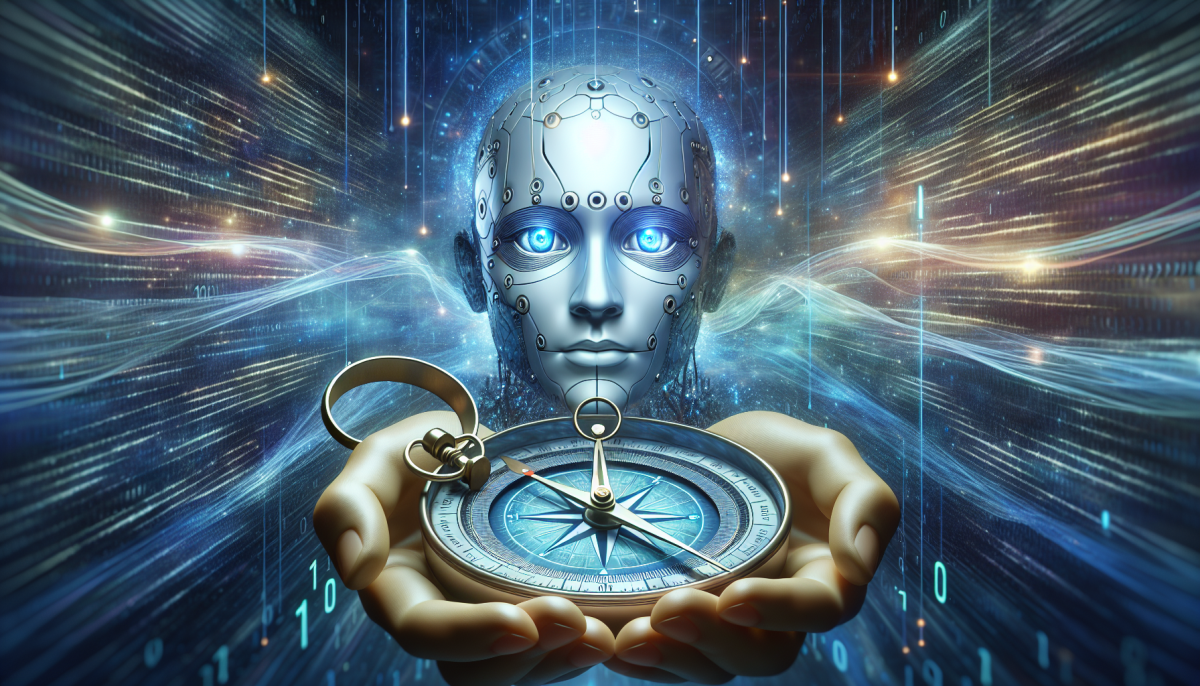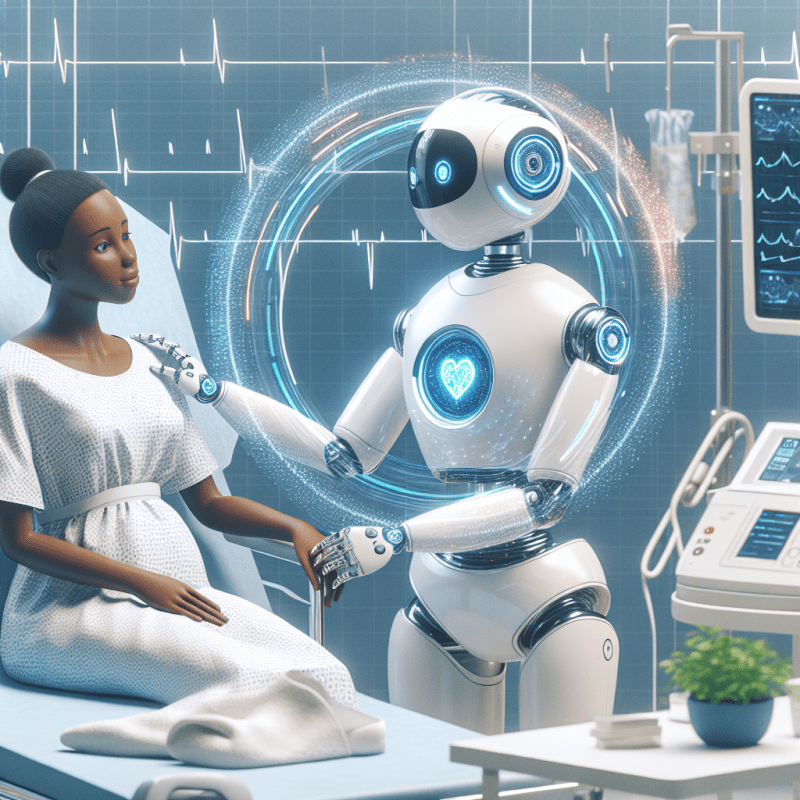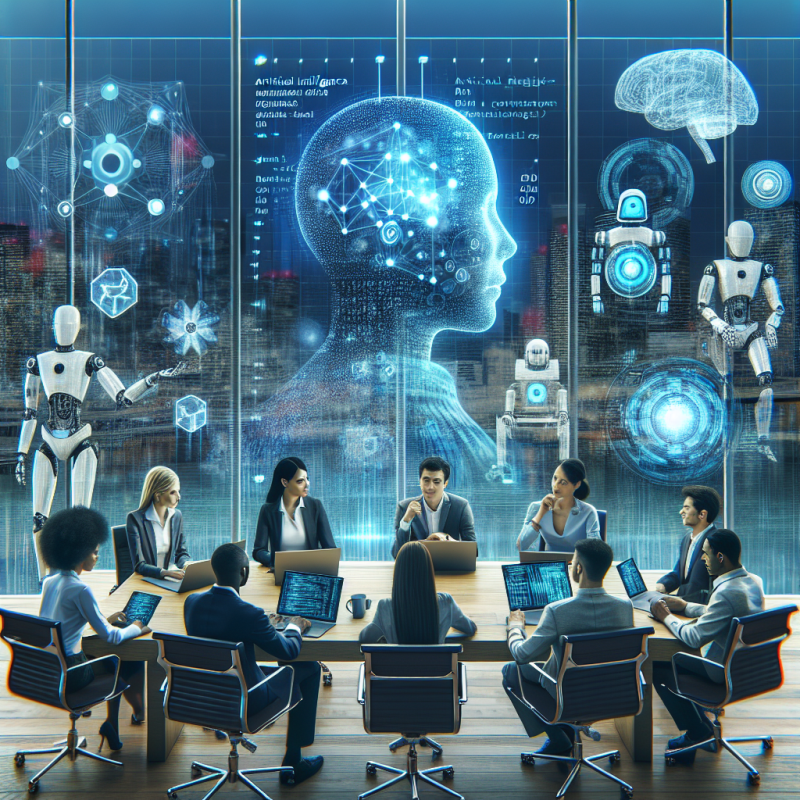Understanding AI ethics can seem a bit overwhelming at first, but it boils down to some key ideas that are all about how we use technology in a fair and responsible way. At its core, AI ethics focuses on ensuring that artificial intelligence systems act in ways that are just, transparent, and beneficial to society.
One important aspect is fairness. When we develop AI, we want to make sure it treats everyone equally. This means avoiding any biases that could lead to unfair treatment of individuals based on race, gender, or other personal characteristics. Imagine relying on an AI for job applications—the last thing we want is for it to favor one group over another simply because of the data it was trained on.
Transparency is another big deal in AI ethics. It’s crucial for people to understand how these systems work and make decisions. If you’ve ever felt confused about why a recommendation was made or how a decision was reached, you’re not alone. AI should explain its reasoning in a way that users can grasp without needing a PhD in computer science.
Finally, there’s the idea of accountability. If an AI makes a mistake or causes harm, we need to know who is responsible. This ensures that organizations take care when developing and deploying AI systems. It’s not just about letting the machines do their thing; it’s about keeping humans in the loop and making sure there are checks and balances in place.
Common Ethical Issues in AI
As artificial intelligence continues to grow in influence, a range of ethical issues arises that we need to keep an eye on. These challenges can shape how we use AI technology and impact society overall. Here are some of the most pressing ethical concerns:
Understanding these issues is the first step towards ensuring that we use AI technology in a way that’s ethical and beneficial for everyone. By addressing these challenges head-on, we can create a future where AI supports and uplifts society rather than creating new problems.
Real World Examples of Ethical Dilemmas
When it comes to AI ethics, real-world dilemmas pop up all the time, affecting how we use technology in our daily lives. Let’s dive into some relatable examples that highlight the moral conundrums we might face.
First up, think about facial recognition technology. It can be super helpful for security and identification, but it raises big privacy questions. Imagine a city using facial recognition in public spaces to track people’s movements. While some folks might argue it's for safety, others worry about constantly being watched. Where do we draw the line between security and personal freedom?
Another example is in hiring processes. Many companies use AI to sift through resumes, hoping to find the best candidates. But if the AI has been trained on biased data, it might unintentionally favor certain groups over others. This can lead to unfair hiring practices, leaving qualified candidates out of the running just because of outdated perceptions. It’s a tricky balance between efficiency and fairness.
Lastly, let’s look at driverless cars. These vehicles promise to improve safety on the roads, but they come with tough choices. Suppose an accident is unavoidable; should the car protect its passengers or take actions that minimize harm to pedestrians? This kind of decision-making opens up a whole can of ethical worms that we need to think through deeply.
Steps Toward Responsible AI Development
When it comes to developing AI responsibly, it's all about keeping a few key steps in mind. First off, transparency is crucial. It's important for developers to be open about how AI systems work, what data they're trained on, and what decisions they're making. This helps build trust and keeps everyone informed.
Next, consider fairness. AI systems can sometimes carry biases based on the data they're trained on. Taking steps to identify and reduce these biases ensures that the AI treats everyone equally. Regular reviews and audits can help spot any issues early on.
Another important step is involving diverse voices in the development process. By including people from various backgrounds, you can create AI systems that are more balanced and better equipped to understand different perspectives. Collaboration with ethicists, sociologists, and users can highlight potential pitfalls.
Finally, it's vital to think about the long-term impact of AI. Developers should consider not just immediate benefits, but also how these technologies will affect society in the future. This includes thinking about jobs, privacy, and the environment. Making responsible choices today can lead to a better tomorrow for everyone.



